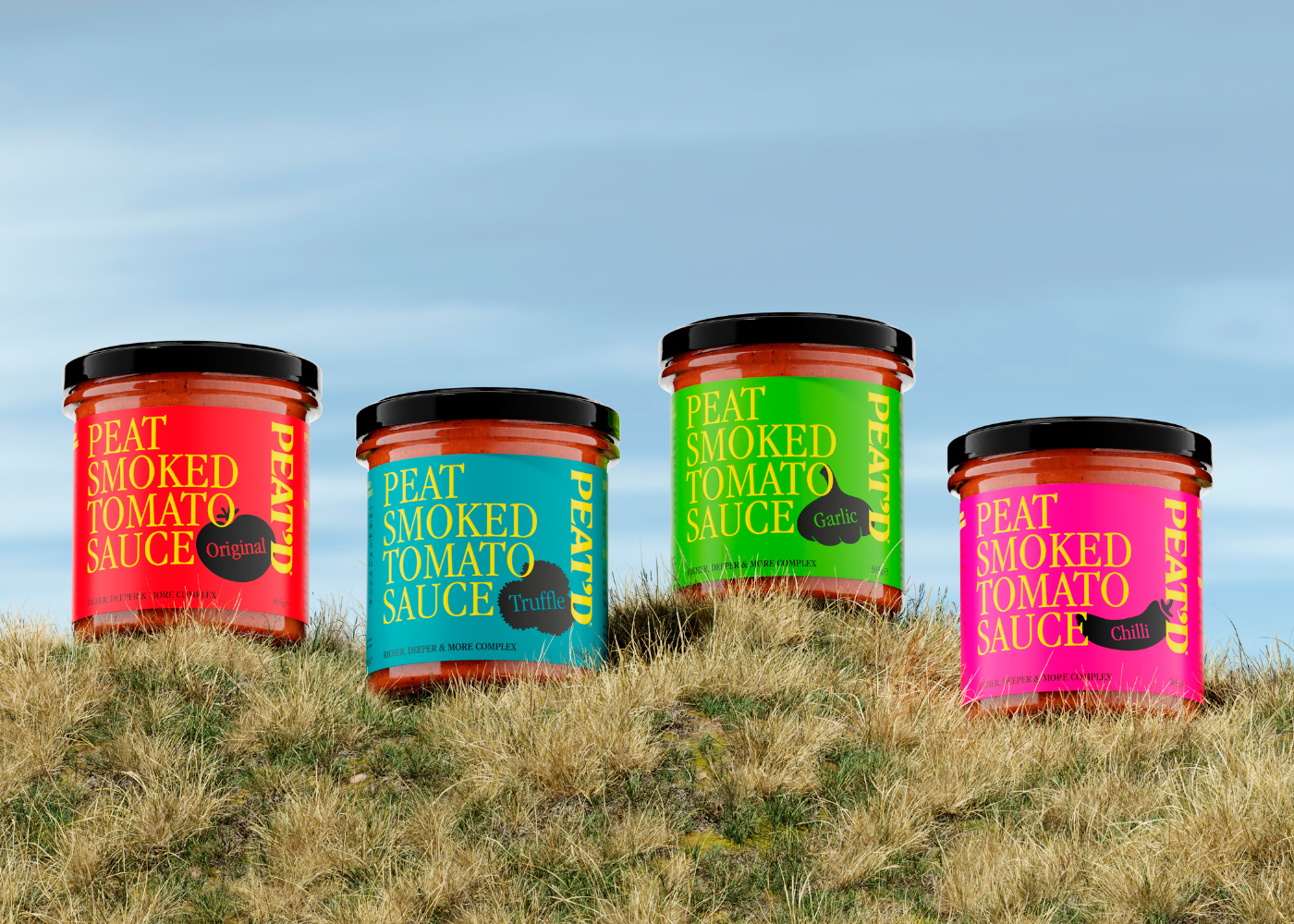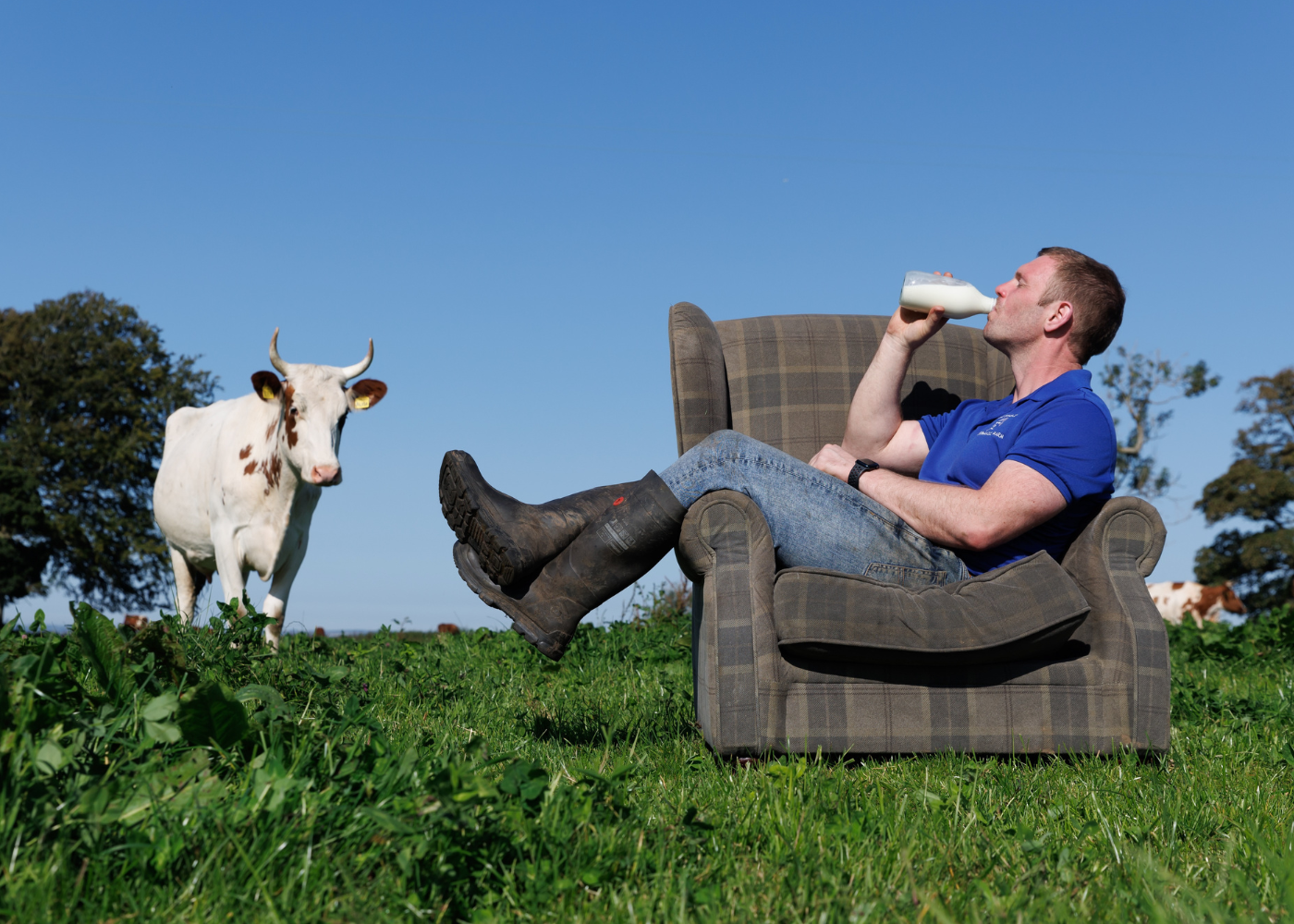A DECISION by Scottish based farmers to manage and reduce their carbon footprint eight years ago has been the main reason they have stayed viable through Covid, Brexit and the energy crisis.
Alex Paton, fourth generation farmer and co-founder of We hae meat Ltd butchers business in Ayrshire, Scotland believes that their sustainability journey has been their saving grace – for example by significantly helping reduce energy costs.
Passionate about the environment, the business engaged the services of Tomson Consulting to help develop a Carbon Management Plan in 2015 and hasn’t looked back.
“Managing and reducing our carbon footprint is at the very heart of our businesses. We started our sustainability journey with a Carbon Assessment and Reduction Plan in 2015 and managed to reduce our emissions by 87% within a year.”
Subscribe to our daily newsletter
Why? Free to subscribe, no paywall, daily business news digest.
With help from Tomson’s senior consultant, Mike Milner, the butchers business initially identified 348 tonnes of CO2 emitted from site and significantly reduce emissions through a range of changes such installing LED lighting, switching freezer and AC units to XP40 gas, installing a waste water treatment system, switching to recyclable packaging and much more.
“We are a family business which includes four traditional farms and the recent purchase of an abandoned estate -Dalquharran. We are totally committed to sustainability and engaged Tomson Consulting to update our Carbon Management Plans, including undertaking geothermal research on the estate.”
Alex added that the advice received identified a number of new opportunities for continuing their journey to total self-sufficiency – a route he claims has saved the butchers business during the many recent challenges that have faced the food and farming industries.
“While it’s important we are doing the right thing for the environment, this has been a profound business decision which has made sense from start to finish.”
Their achievements have resulted in being recognised for sustainability with the Co-Op in Scotland Awards and most recently by winning Scotland Food and Drink Excellence awards in 2022 for Sustainability Achievements.
Notable projects have included installing a combined renewable heating & power plant on site, implementing fully recyclable packaging and utilising waste food grade carboard by chopping it and using it as cattle bedding on the farm.
Becoming ‘Net Zero’ has been a sound commercial proposition for We Hae Meat added Alex, stating that solar installation has taken the business to 107% emissions reduction – and a reduction in electricity costs exceeding £0.75m per annum.
Further savings have come from switching their delivery fleet to hybrid plug-in vans charged by their own CHP electric generation, saving 66% on fuel costs, using the heat from tumble dryers for water supply and trialling paper trays for packaging to replace less sustainable recycled plastic.
“We aren’t making these changes just because they fit the sustainability criteria but because they make complete business sense,” said Alex.
“Cost-efficiency needs to be part of the equation or it won’t add up when it comes to survival.”
We hae meat have seen their competitors struggle against energy price increases – no longer a matter of concern for the business which has flourished and grown thanks to reducing costs through energy-efficiency and other measures.
However, Alex believes that sustainability isn’t just about creating savings but adding to the local environment and contributing to the community.
Following the carbon footprint plans undertaken by Tomson Consulting at Cairnhill and the land at Dalquharran estate, the business has identified further opportunities, including become a member of Ayrshire’s ‘Biosphere’ project and is looking at regenerative techniques across all farms.
The company has installed 5km of paths and access roads at Dalquharran that are open to the public and have applied for funding to get this to over 8km of disabled friendly circular path networks that will all lead back to the village of Dailly.
“Tomson Consulting has also discovered we have to 1.5 megawatts of energy stored in the disused coal mines on the Dalquharran land and we want to further explore how we actually get it out from beneath the ground and put to better use,” Alex said.
Examples of use for the stored energy could include providing a heating solution to the local village of Dailly which has no access to mains gas, providing heating to the castles on the land and other buildings and controlled agriculture to provide the heat to enable the correct environments for growing crops that are traditionally imported for warmer climates.
“We started our journey with Tomson Consulting who have been instrumental in helping us make these changes and will continue to work with us to identify further opportunities in our continuous desire for sustainability improvements.”
Tomson Consulting comprises a team of specialist engineers who help business develop low-carbon projects and identify opportunities for sustainability. Based in Sheffield they have an established history of providing a range of services to help companies of all kinds engage in cost-effective programmes of positive change.

















